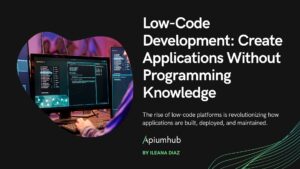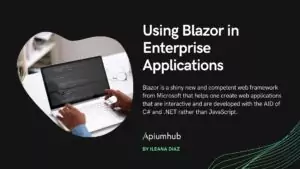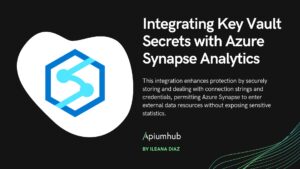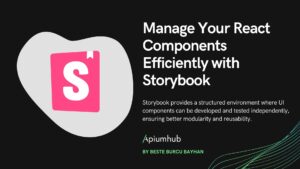Table of Contents
Developer experience infrastructure refers to the set of tools, processes, and practices that aim to enhance and streamline the overall experience of software developers throughout the development lifecycle. This encompasses various aspects, including collaboration, automation, efficiency, and support, to create an environment that allows developers to be more productive and focused on writing high-quality code.
Key components of developer experience infrastructure
- Version Control Systems (VCS)
Systems like Git enable developers to track code changes, collaborate seamlessly, and manage different versions of their software.
- Integrated Development Environments (IDEs)
Tools such as Visual Studio Code, IntelliJ, or Eclipse provide a comprehensive environment for coding, debugging, and testing, enhancing developer productivity.
- Build and Continuous Integration (CI) Systems
CI tools like Jenkins, Travis CI, or GitHub Actions automate the process of building, testing, and deploying code changes, ensuring quick feedback to developers.
- Containerization and Orchestration
Technologies like Docker and Kubernetes help in creating consistent and reproducible development environments, making it easier to manage dependencies and deploy applications.
- Code Review Platforms
Platforms like GitHub, GitLab, or Bitbucket facilitate collaborative code reviews, enabling teams to maintain code quality and share knowledge.
- Documentation Tools
Well-documented code and project documentation are crucial for onboarding new developers and maintaining codebases. Tools like Swagger, Javadoc, or Sphinx assist in creating and maintaining documentation.
- Dependency Management
Tools like npm, Maven, or Pip help manage project dependencies, ensuring that the correct versions of libraries and frameworks are used.
- Monitoring and Logging
Implementing tools like Prometheus, Grafana, or ELK stack helps developers monitor application performance and troubleshoot issues efficiently.
- Collaboration Platforms
Communication and collaboration tools like Slack, Microsoft Teams, or Discord foster effective communication within development teams.
- Automated Testing
Testing frameworks and tools, such as JUnit, Selenium, or pytest, assist developers in automating unit, integration, and end-to-end testing, ensuring the reliability of their code.
- Infrastructure as Code (IaC)
Tools like Terraform or Ansible enable developers to manage and provision infrastructure programmatically, enhancing consistency and reproducibility.
- Knowledge Sharing Platforms
Platforms like Confluence or internal wikis facilitate the sharing of knowledge, best practices, and documentation among team members.
- Training and Onboarding Resources
Providing comprehensive onboarding materials, tutorials, and training resources helps new developers integrate quickly into the development process.
By investing in a robust developer experience infrastructure, organizations can create an environment that promotes collaboration, accelerates development cycles, and enhances overall code quality. This, in turn, leads to a more positive and productive experience for developers.
Author
-
Ekaterina Novoseltseva is an experienced CMO and Board Director. Professor in prestigious Business Schools in Barcelona. Teaching about digital business design. Right now Ekaterina is a CMO at Apiumhub - software development hub based in Barcelona and organiser of Global Software Architecture Summit. Ekaterina is proud of having done software projects for companies like Tous, Inditex, Mango, Etnia, Adidas and many others. Ekaterina was taking active part in the Apiumhub office opening in Paseo de Gracia and in helping companies like Bitpanda open their tech hubs in Barcelona.
View all posts
More to Explore









